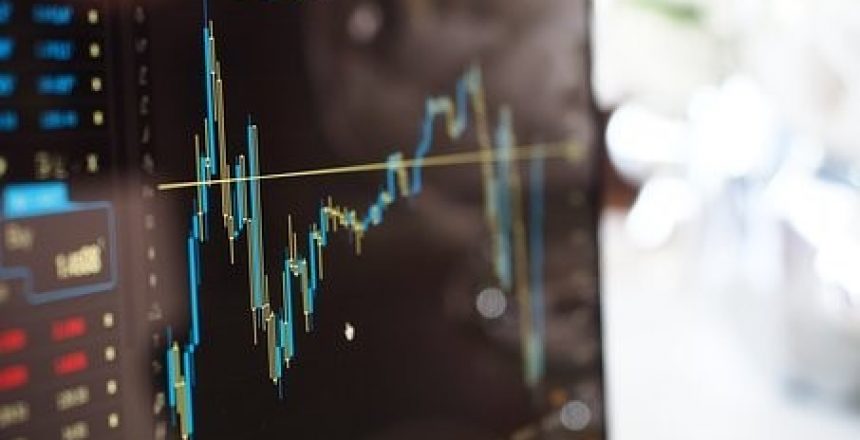Market volatility is back. With Coronavirus fears in full swing, markets have reacted with the quickest market selloff since 2008. The Dow Jones Industrial Average has shed over 4,000 points since market close on Friday last week, bringing weekly losses to over 14%. While the headline this week is new, the story is not. Fortunately, we have seen this story play out time and time again and know how it ends.
The chart below outlines the historical VIX index level. The VIX index is most widely used as a barometer for market uncertainty, as the index rises and falls with uncertainty. This chart summarizes the spikes in market uncertainty since 2007 through the end of the 2019. When the chart is refreshed next quarter, we will see a new spike, with the index level rising to 47 on the Coronavirus fears.
 As you can see, we have endured some major uncertainties over the past 13 years. Each time volatility surges and markets fall, investors get a sense that this time is different. The reality is that there will always be uncertainties in the market, we just don’t know what the next headline will be or when it will occur. The Coronavirus is the new headline this year, but next year it will be something different. As stock market participants, we should expect to deal with uncertainty constantly, equity market pullbacks, and heightened volatility on the way to greater market value. The investors who will be successful in the long run are the ones that can push past the headlines, stay invested, and stick to their financial plan.
As you can see, we have endured some major uncertainties over the past 13 years. Each time volatility surges and markets fall, investors get a sense that this time is different. The reality is that there will always be uncertainties in the market, we just don’t know what the next headline will be or when it will occur. The Coronavirus is the new headline this year, but next year it will be something different. As stock market participants, we should expect to deal with uncertainty constantly, equity market pullbacks, and heightened volatility on the way to greater market value. The investors who will be successful in the long run are the ones that can push past the headlines, stay invested, and stick to their financial plan.
The importance of having a reliable, proven, and stated process cannot be stressed enough. Investors who do not have a plan will fall into the trap of abandoning their investments through the inevitable tough times. History has shown that the investors making knee-jerk reactions to short-term market volatility pay the price and unknowingly give up the long-term returns they desire.



